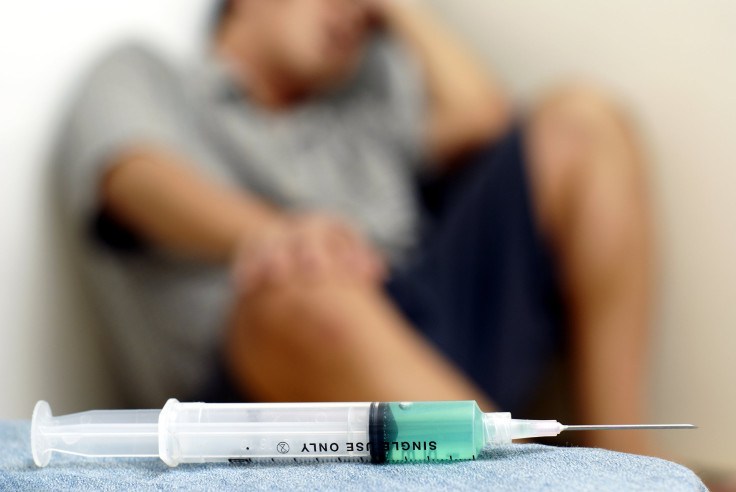Legalize It: Is Legalization The Answer To The War On Drugs? World Leaders Release Proposal To End Violence

World leaders at the Global Commission on Drug Policy (GCDP) believe the best way to end the War on Drugs is not to keep fighting it — but to surrender it completely and find a new approach. In a new report, they argue that decriminalizing and legalizing as many drugs as possible — everything from cannabis to cocoa leaf — is necessary in order to stop the violence.
In the report, the GCDP states that “punitive and prohibitionist laws and policies” cause and exacerbate violent drug battles; and the War on Drugs has backfired. The authors write that if people could access weed and other drugs legally — and these drugs were properly regulated like alcohol or tobacco — there would be far fewer instances of drug abuse and drug-related violence. By eliminating a need for a black market, it would organically solve the problem on its own.
“It may seem logical that the best way to stop something is to make it illegal, but evidence shows that legal regulation can be more effective,” Amos Irwin, Chief of Staff at the Criminal Justice Policy Foundation, writes in a HuffPost article titled, “Why I Changed Careers to Legalize a Drug I Don’t Use.” Irwin points out that more people drank hard liquor during the actual prohibition than they had before — or did once prohibition was repealed. The infamous gangster Al Capone took control of Chicago’s outlawed liquor sales, and battled rival gangs in doing so — not much different from what currently happens with drug-related violence today.
It’s true that high school students report it’s much easier to buy marijuana than to buy beer. This is because drug sales happen behind closed doors, while liquor stores have a license to preserve and thus must abide by the law. Think about it: minors might have an easier time buying weed during prohibition than they would if weed were legal but strictly regulated.
The authors of the report argue that the global war on drugs has failed, caused public health issues, and fueled crime and violence. But they also offer solutions in the report: firstly to replace prohibition and punition with a focus on the health of drug users, to decriminalize drug users, and to ensure access to any medications that might involve currently outlawed drugs, such as medical marijuana. In addition, legalization would allow more research and experiments to be completed on drugs that have been banned from proper medical research.
“The world needs to discuss new approaches,” the President of Colombia, Juan Manuel Santos, said, according to the report. “[W]e are basically still thinking within the same framework as we have done for the last 40 years… A new approach should try and take away the violent profit that comes with drug trafficking… If that means legalizing, and the world thinks that’s the solution, I will welcome it. I’m not against it.”



























